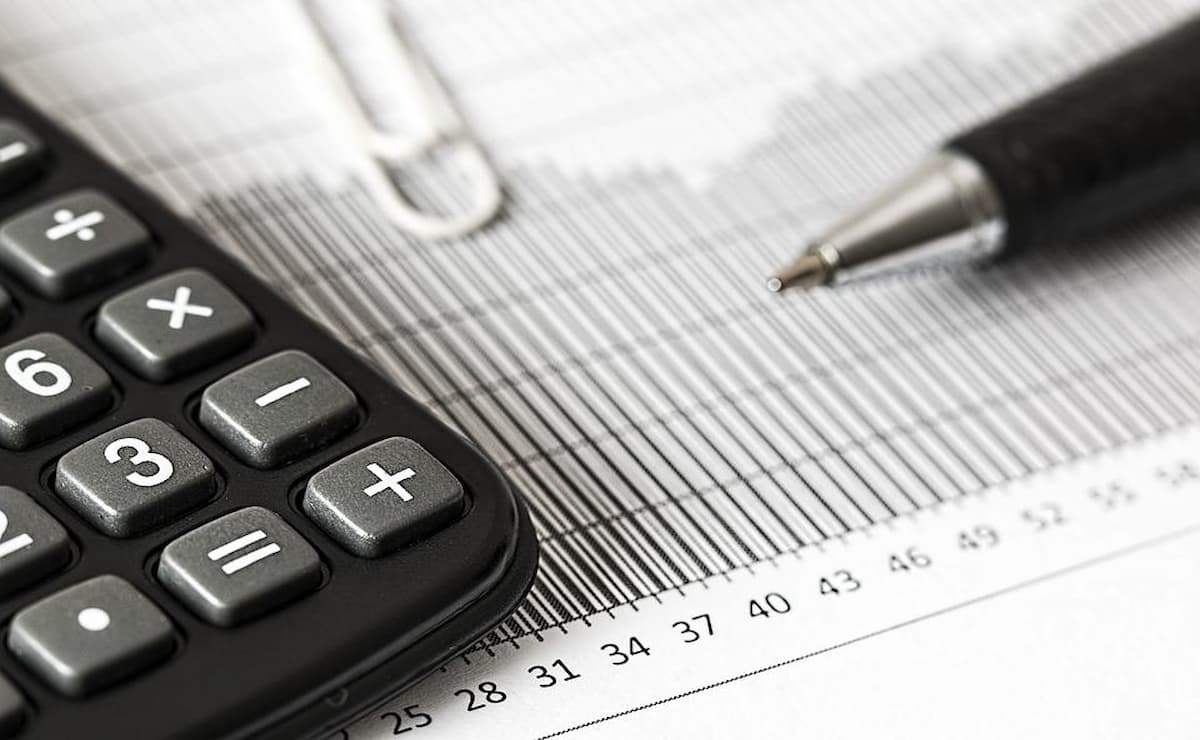Within the various measurement tools that can apply to tests, analyses, or studies, the dependent variable is quite common. Moreover, it can use in different fields, although it is used most often in research.
However, the search for dependent variables does not only apply to research. It can also apply to number and financial environments.
What are dependent variables?
If we were to make a first simple summary, we could say that a dependent variable is an element with a capacity for variation that includes in an analysis or test.
For example, if we perform numerical analysis on stable numbers, but one of them is a variable, this would be the dependent variable. But, this is a simple example.
Another complex example is: if in a study, the outcome of a test is measured by test scores, the dependent variable would be the final result of each participant in it.
In research, the dependent variable is considered the stable part of the analysis. On the other hand, the independent variable is the one that we can look for a cause and effect relationship in an action or event.
How are the variables applied?
As in any method of analysis, there are different ways of applying these tools. Although they appear to be simple operations, they can sometimes be very complicated.
We should consider that it is not always possible to distinguish quickly between a dependent and an independent variable.
To determine which is the one among the variables, it is interesting to know that the dependent variable will always be the one that can be measured. Therefore, when the aim is to see how one variable can affect another, it will always be the dependent variable that is affected.
Why is an independent variable called this way? The answer is simple: we can manipulate it to perform different experiments or look for alternatives to the same result.
For example, if we make an income forecast, we can handle the amount of income for a given concept and will give different results. Each of the outcomes would be a dependent variable resulting from the application of an independent variable.
Although it may seem complicated because of the jumble of terms, the truth is that it is not so difficult. That is something that we apply naturally in our lives. When, for example, we calculate how much a holiday will cost us. We start from a fixed amount of money, is then we experiment with dependent and independent variables.
What is important when choosing variables
People often consider it more relevant to learn how to determine the dependent variables well. The search for dependent variables, applied to science, is one of the keys to any research.
Some factors that are taken into account for this search are the following:
- Stability: data stability is always good news if we want it to be a good quality dependent variable. The greater the stability and the more the data is repeated, the more reliable the results are. That implies that, when the independent variable applies, we have a much better reference for the final result.
- It must be easy to operate: this is another key. If applying a variant is very complex, as well as requiring a lot of time, it can also distort the final result if it is not applied correctly.
Finally, we must also consider the importance of a controlled variable. The checked variable will be the one that will not be modified throughout the experiment or analysis. With the controlled variables, we will be able to introduce greater precision in the relationship between the independent and dependent variables.
In short, it is a form that is not very well defined in terms of application. However, it makes it possible to determine more precisely the results or solutions to problems, analyses, etc.

For years I have studied American finance regulations. All the information in this blog is sourced from official or contrasted sources from reliable sites.
Salesforce Certified SALES & SERVICE Cloud Consultant in February 2020, Salesforce Certified Administrator (ADM-201), and Master degree in “Business Analytics & Big Data Strategy” with more than 13 years of experience in IT consulting.
